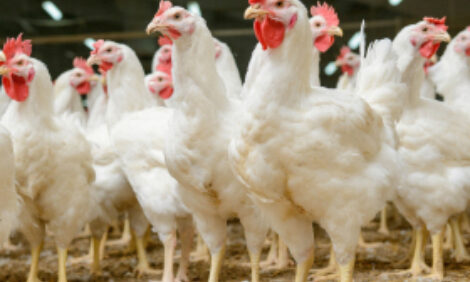



GDM to focus on EU sunflower, US soy seed improvement
This year, GDM got approval for two soy varieties in BrazilArgentine plant genetics company GDM is entering the European sunflower research business through acquisitions while boosting its soy improvement program in the United States as part of a five-year expansion plan, a senior executive told Reuters.
Santiago De Stefano, global director of business, on Tuesday also reaffirmed in an interview in Buenos Aires its decision to focus on improving corn seeds for the Brazilian market - where it already derives most of its revenue based on its soy products offerings.
The focus on corn seed research for Brazilian farmers and enhancement of sunflower plants for European clients reflects potential limitations to genomic research for soybean enhancement, Stefano said.
"We want GDM to continue to grow, but we aim to make it more sustainable in the future," Stefano said. "For this sales have to be a bit more balanced between crops and territories."
In relation to growing GDM's soy business in the United States, Stefano said it is currently smaller compared with Argentina's and Brazil's.
GDM researches, develops, and sells genetically improved plant products that can help farmers boost yields.
This year, GDM got approval in Brazil for two new soy varieties obtained through "genetic editing," a process that unlike genetic modification does not entail introduction of an extraneous gene from another organism.
One of the approvals was for a low-sugar soy designed to help animal digestion that could be launched in 2024/2025. The other is a drought-tolerant soy which requires further testing and may be commercially launched in 2026/2027, Stefano said.
GDM estimates more than doubling its total sales in 2022 to $700 million, thanks mainly to a soy price spike, the company said publicly for the first time.
The firm, which gets around 80% of revenues in Brazil, owns the world's biggest and most diversified genetics bank to improve soy and other crops, doing research in 15 countries.










